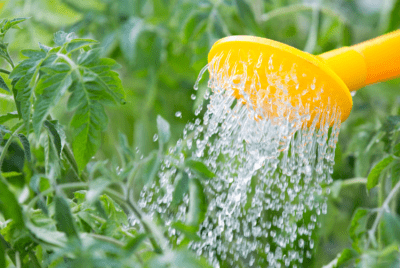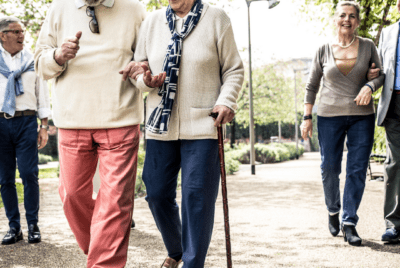RESEARCH
The Autistic Experience of Exercising within Nature-Based Environments: An Interpretive Phenomenological Analysis
Summary
This study utilized a qualitative approach, specifically Interpretative Phenomenological Analysis (IPA), to explore the lived experience of autistic individuals exercising within nature-based environments, known as Green Exercise (GE). A key motivation for this research is the lack of academic literature examining the impact of GE on autistic people with a diagnosis of Asperger’s Syndrome (AS), particularly challenging the intuitive suggestion that unpredictable natural environments might not be suitable due to sensory sensitivities often associated with autism. The study is noteworthy for taking an insider perspective, with the first author being autistic with descriptions of AS, which was intended to provide more meaningful insight and ensure the autistic voice was authentically captured. Sixteen healthy adult subjects participated, providing a direct means to simulate human interaction with plant surfaces.
The methodology involved conducting semi-structured interviews with four autistic males aged 21 who regularly engaged in GE. These interviews were transcribed and then rigorously analyzed using IPA by multiple authors to identify recurring themes, with steps taken to mitigate potential researcher bias. The choice of IPA and a small, homogeneous sample size was deliberate to delve deeply into the participants’ individual experiences and allow for cautious generalization. This design aimed to provide rich, detailed accounts of how GE is perceived and experienced by this specific group, shedding light on the psychological impacts in relation to the characteristics of autism.







